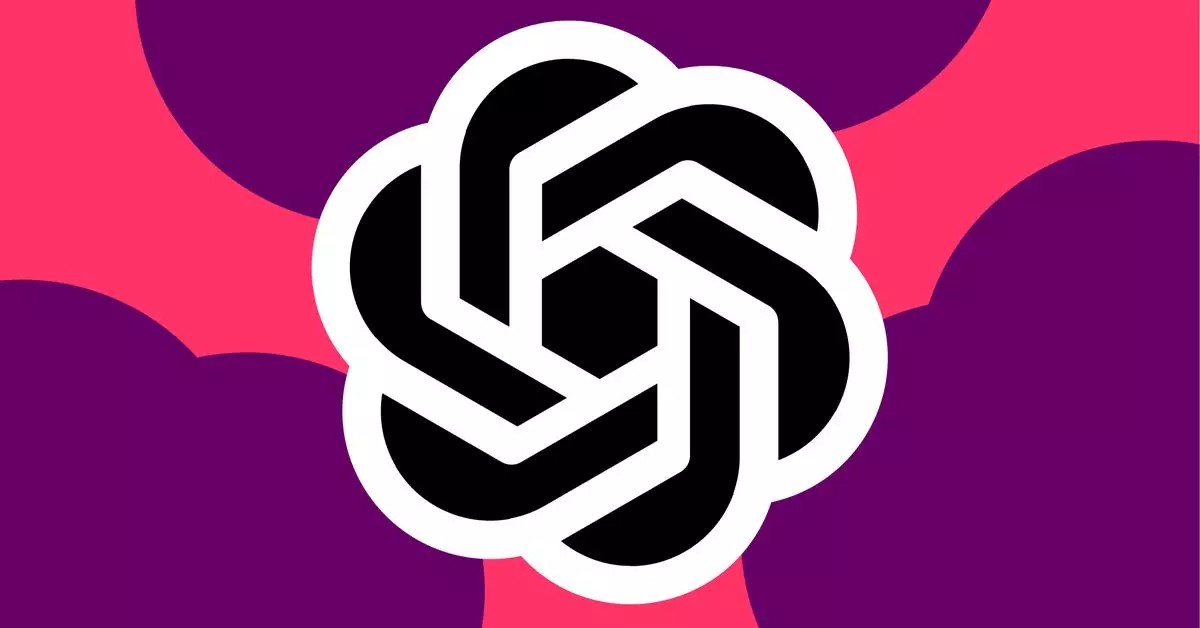In a recent announcement highlighting significant advancements in AI accessibility, OpenAI unveiled a novel feature that allows users in the United States to engage with ChatGPT through a dedicated phone line—1-800-CHATGPT. This initiative, described as part of a larger celebration dubbed “ship-mas,” marks a pioneering step toward democratizing AI technology and makes conversational AI more approachable for the general public. This new functionality allows users to connect for 15 minutes each month at no cost, giving them an opportunity to experience the capabilities of ChatGPT outside the constraints of traditional digital interfaces.
OpenAI’s commitment to accessibility is further underscored by the global reach of this initiative, as it also offers messaging through WhatsApp via the number 1-800-242-8478. This dual approach—voice calls and messaging—invites a broader audience to test the waters of AI interaction without needing extensive technological expertise. According to Kevin Weil, OpenAI’s chief product officer, the decision to develop this feature stemmed from an immediate need to create a user-friendly version of ChatGPT for those unfamiliar with more complex digital platforms that typically host AI interactions.
The underlying technology driving this innovation is OpenAI’s Realtime API, which enables seamless voice interactions. Additionally, the WhatsApp integration harnesses the capabilities of GPT-4o mini, making both platforms user-friendly and effective. This serves not only as an introduction to AI but as a functional tool for users who may feel intimidated by navigating web-based applications.
The launch of this phone service takes cues from historical precedents in AI and voice technology. Notably, Google once rolled out a similar service known as GOOG-411, designed for free directory assistance via voice. Despite its discontinuation in 2010, the initiative served pivotal objectives, primarily accumulating diverse voice samples to refine their speech recognition algorithms. Insights from that era highlight the critical role that user interaction plays in shaping more sophisticated AI systems, demonstrating how the landscape of voice technology has evolved over the years.
However, there remains a stark contrast between Google’s approach and OpenAI’s current stance. OpenAI has publicly stated that it will not harvest data from these calls to enhance its language models, which marks a shift in user trust compared to previous industry practices. This transparency reflects a growing awareness in tech companies about the importance of user privacy, particularly as they navigate the ethical implications of AI advancements.
Looking ahead, this initiative could herald a new age in which AI becomes more intimately integrated into everyday human experiences. By leveraging familiar communication channels, OpenAI not only lowers barriers but also effectively targets those who may have shied away from exploring AI due to perceived complexities. This move not only invites curiosity and experimentation among first-time users but also sets the stage for further innovation that prioritizes user engagement and ethical considerations in AI deployment.
As OpenAI forges ahead with this initiative, the industry will be observing its implications closely, particularly the balance between accessibility and user privacy. The success of this model could inspire other tech giants to re-think their strategies, potentially leading to a more inclusive understanding of artificial intelligence’s role in everyday life.


Leave a Reply